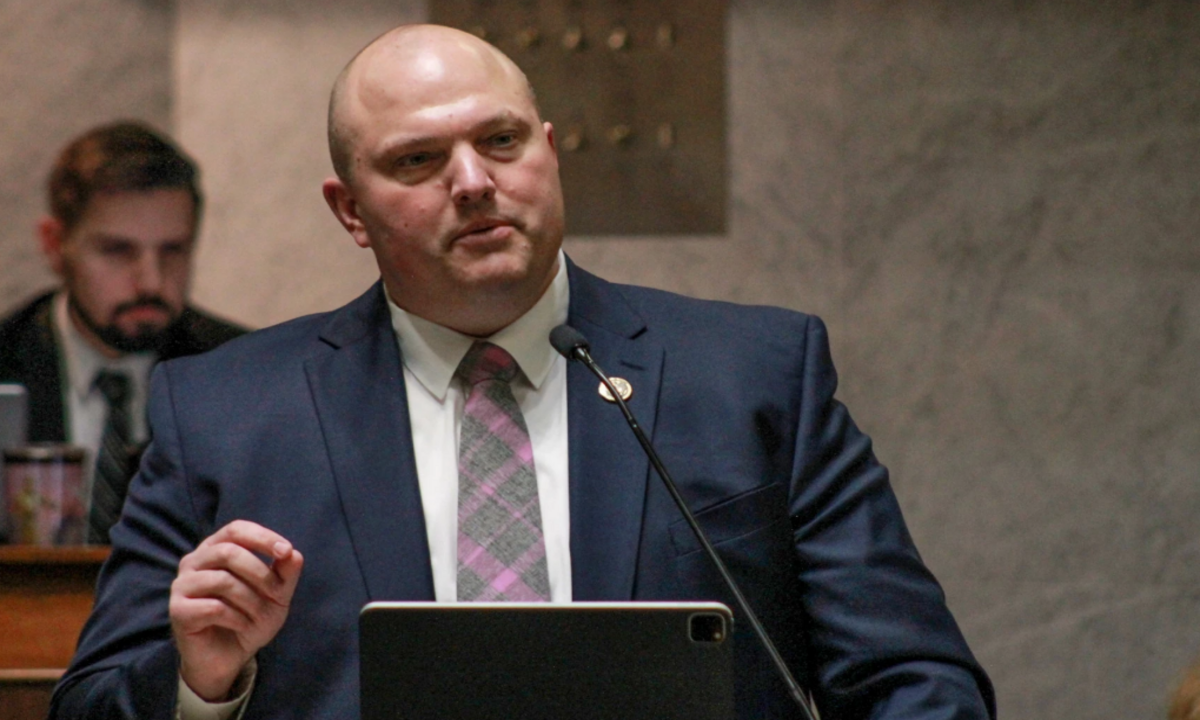A new Senate bill aims to ban policies and practices tied to diversity, equity, and inclusion (DEI) in state agencies, schools, and organizations that receive state funding. This controversial legislation, identified as Senate Bill (SB) 235, was approved by a Senate committee on Wednesday, pushing it closer to a final decision.
What the Bill Proposes
The bill targets DEI-related policies by banning certain practices and definitions linked to social justice, systemic oppression, and antiracism. It also limits workplace training on topics like race, gender identity, sexual orientation, ethnicity, and sex. Additionally, the bill restricts hiring practices that consider diversity factors such as race and ethnicity.
Supporters of the bill argue that DEI initiatives infringe on free speech and create an environment of hostility. For instance, Cindy Basinski, a professor at Indiana University School of Medicine, claimed that DEI policies suppress conservative views on topics like abortion and LGBTQ+ rights. “DEI has been misused in educational institutions to silence opposing viewpoints,” she said.
Professor Allon Friedman, also from the IU School of Medicine, echoed similar sentiments. He argued that DEI fosters grievance-based attitudes and could lower academic standards in favor of diversity goals. However, he did not provide evidence to support his claim about lowered standards.
Opposition to the Bill
Critics, on the other hand, see the bill as part of a larger attack on civil rights and efforts to promote social justice. Jerell Blakeley, an advocate from the Indiana State Teachers Association, highlighted the risks of demonizing DEI. “This bill undermines efforts to address historical injustices that still exist in our society,” Blakeley said.
Chris Paulsen, CEO of the Indiana Youth Group, voiced concerns about how the bill could negatively impact funding for organizations providing essential services to marginalized groups, including LGBTQ+ youth. “This language could jeopardize life-saving services for some of our most vulnerable young people,” Paulsen explained.
A Push for Transparency or an Excessive Burden?
The Senate Judiciary Committee also passed SB 289, a related bill that would require schools to publicly post all training materials and curricula involving nondiscrimination, diversity, equity, and related topics. Supporters of the bill, like its author Sen. Gary Byrne, argue that it’s about promoting transparency and addressing discrimination. However, when asked for examples of issues the bill seeks to address, Byrne failed to provide specifics, repeatedly emphasizing transparency as the primary goal.
Educators criticized the measure, calling it an unnecessary burden that could discourage schools from addressing important topics related to discrimination and inclusion.
What Happens Next?
With SB 235 passing the Senate committee by an 8-2 vote along party lines, the bill now heads to the Senate floor for further debate and voting. If passed, the legislation could significantly reshape how DEI initiatives are implemented—or prohibited—across state agencies, schools, and other state-funded organizations.
While proponents of the bill see it as a way to protect free speech and eliminate bias, opponents worry it could roll back progress on civil rights and diversity initiatives, leaving many vulnerable communities unsupported.
Disclaimer—Our team has checked this article to ensure its accuracy and eliminate any misinformation. We are committed to providing clear and reliable information for our readers.




